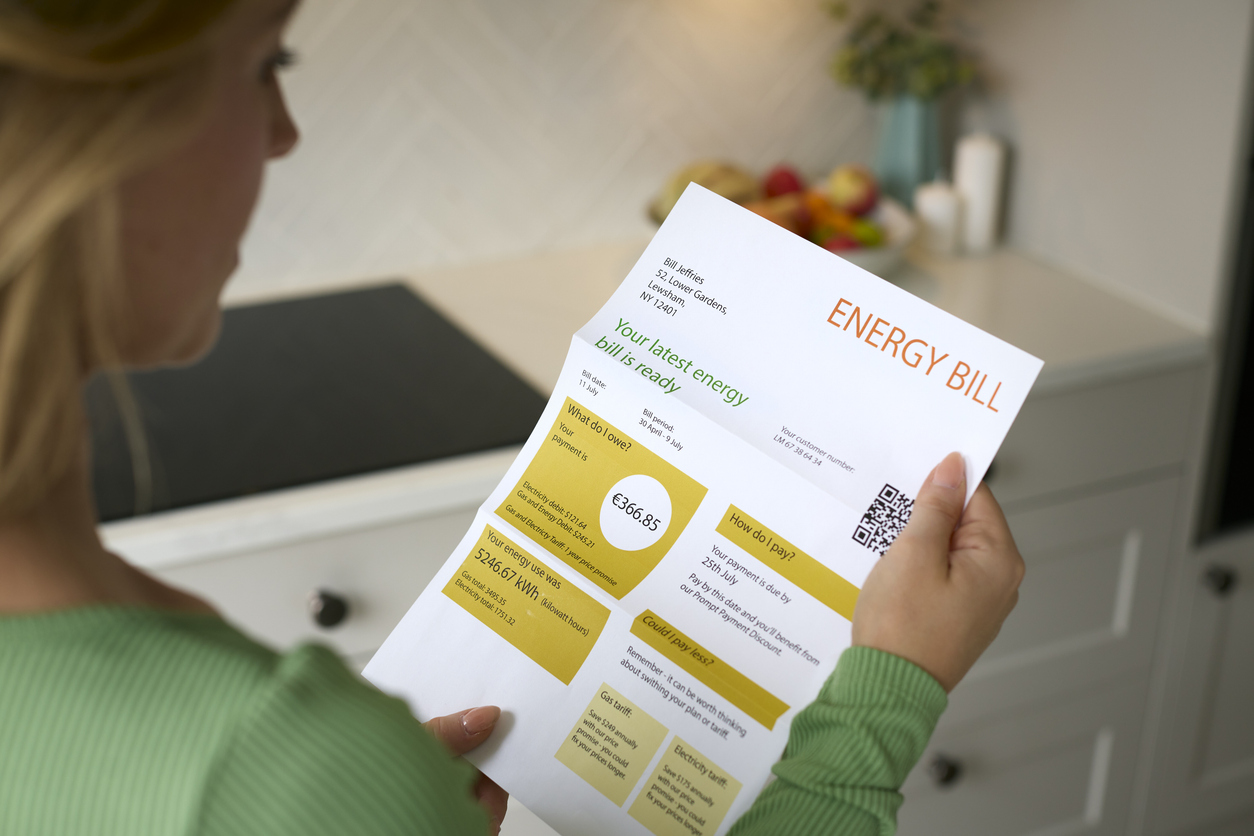The Department for Energy Security and Net Zero (DESNZ) has published a call for evidence on default tariffs in the domestic energy market.
In our response, we argue for the need to prevent the return of the non-switching premium (extra costs for not being on the best tariff), which used to make up nearly half of the average poverty premium faced by low-income households.
We are keen to prevent the return of this poverty premium or the development of new poverty premiums for not being able to flex the way you use energy.
Background
In 2025 the energy market will change to Market-wide Half Hourly settlement (MHHS), encouraging suppliers to reward households for shifting their energy usage to cheaper times of day.
We want to make sure that the new MHHS energy system is designed so as not to penalise those on low incomes.
As with all our work, we are calling for lived experience to be a key part of this process. We want both DESNZ and Ofgem to engage with people on low incomes to co-create default tariffs (and price cap arrangements) that meet their needs.
We are also calling for energy bill support, in the form of a social tariff, which would serve as a crucial safety net to support these changes.





